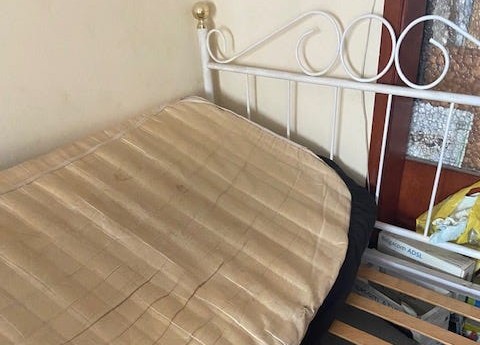Freedom of expression and the protection of journalists are among the fundamental principles in the EU but when they are violated in the capital of Europe the European Commission is reluctant to comment.
A well-known journalist in Brussels was last week targeted by plain clothed police. They broke into his house, located in the European quarter, in his absence and seized laptops, a diary and perhaps other belongings. He does not know what exactly was taken and why because the police authority has not yet responded to his request for a list of the things that were taken and a copy of the search warrant or court order.
His old laptop had all the articles and books he has written over the years. “Such action harms not only me but can harm others and damage democratic structures of society,” he wrote to his journalist colleagues who meet him regularly at the Commission’s press conferences. “Raiding journalists is a warning sign of lawlessness. It can reduce Belgium’s standing internationally as a law-abiding country.”
Despite the apparent lack of due process and the predicament he finds himself, the journalist has not lost his sense of humor. “Why didn’t they take my washing machine? That was the nearest thing they will find in my house and in my computers that has anything close to do with laundering if they suspected me of money laundering.”
A local policewoman, who happened to be passing by, saw it all. She informed him the next day that he should contact the money laundering unit of the police to find out what had happened. “They came, they burglarized, they left without a trace,” he says. “They left no notice on the door or elsewhere that missing property had been taken legally. They left no telephone number to ring.”
The European Commission is familiar with cases like this in illiberal EU member states and third countries and normally has something to say about them. When asked for a comment, a Commission spokesperson replied to the distraught journalist that there was nothing the Commission could do or say about the incident as police investigations are a national competency.
While the Commission has a policy of not commenting on individual cases it does not know about, it is never shy of highlighting the fundamental principles of the EU treaty if there is any suspicion that they may have been violated. It is also common that it stresses that it expects the national authorities to carry out independent investigations if something has gone awry.
The 82-old journalist, who also is a historian who has written books about human rights and the roots of the EU, has been advised to avail himself of an experienced lawyer to find out why his belongings were seized and to protect his legal rights.

